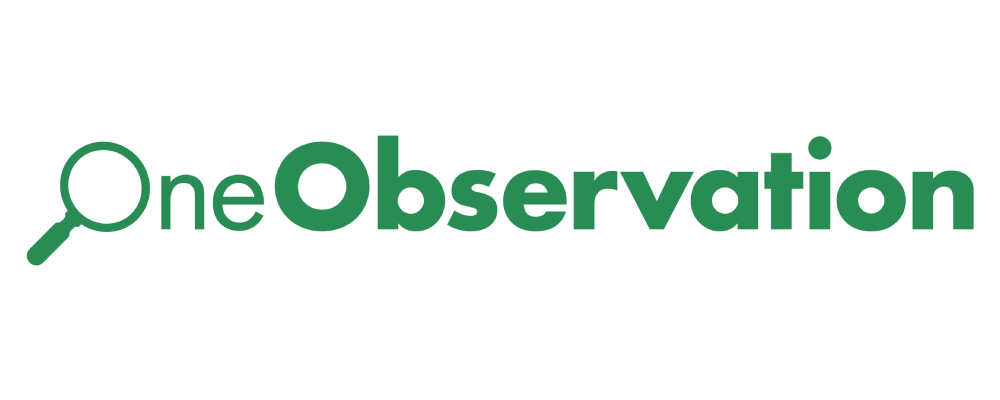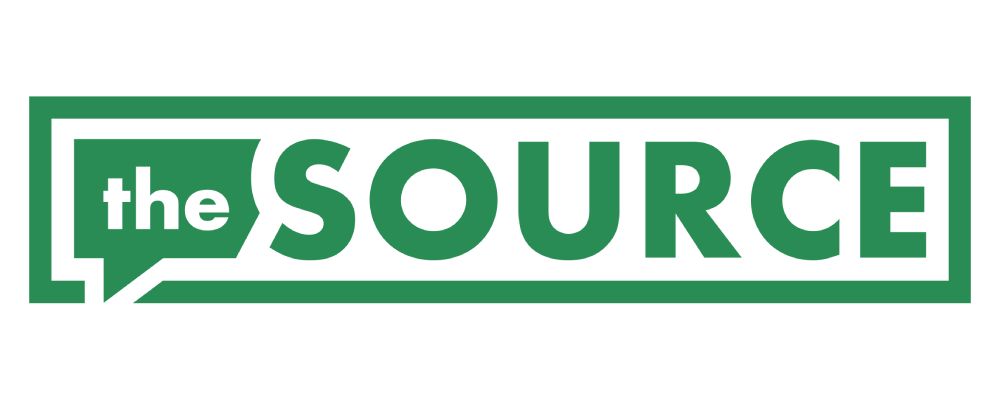Building High-Performance Teams
I realized pretty early on that no man or woman is an island in the world of business. We all need a team around us to support us, grow with us, and take us further than our own limitations. When we began building up OneSource, we knew early on that we needed a high-performance team to help the business grow.
Actually building that team, however, was a whole different ball game.
Long-Term Commitment
It’s easy to make mistakes when building a team. Oftentimes we bring on the wrong people who fizzle out quickly, or we hold onto the wrong people for too long, not realizing until it was too late that they were holding the business back.
But building the perfect team doesn’t happen overnight. Our team is still growing and evolving. Getting the right people in place is absolutely a long-term commitment. It takes a lot of trial and error, multiple starts and stops. Lesson #1: never stop looking and never stop improving.
It’s taken time to build the incredible team we have today, and along the way I identified a few crucial elements that can make or break a new hire.
The 4 Ways We Hire
Putting together a team is like assembling a complex jigsaw puzzle. Finding the right piece to go in the right spot is no easy task. It’s not just about work experience and resumes — instead, we’re looking at four very specific areas to fill our team.
Instincts
If you put the same project in front of ten different people, each one would go about completing it in a different way. We all have different instincts when it comes to work. Some dive into the project headfirst, figuring it out as they go along. Others are thoughtful planners who spend a lot of time conducting research and doing prep work. Still others need a rolling start to get going before closing like a winner.
You need all kinds of instincts to make a team function properly. That’s why we use the Kolbe Index to evaluate all new hires.
More than a personality test, the Kolbe Index evaluates the instinctive ways you take action.
These instincts are rated in four areas:
- Fact Finder – the instinct to gather and share information.
- Follow Thru – the instinct to arrange and design processes.
- Quick Start – the instinct to jump in and tackle risk and uncertainty.
- Implementor – the instinct to deal with tangibles.
Within these four categories are even more nuanced levels that describe someone’s unique strengths. When we hire, we keep in mind the strengths our team is currently lacking. That way, we can build a robust group to tackle projects and tasks from all different styles.
Skills
Many people hire for skills alone, and while it’s not the only piece of the puzzle it remains important. If you need social media, you aren’t going to hire a salesperson with no marketing experience. At the end of the day, you’re hiring someone to complete certain tasks. Does this team member have the skills required to fulfill the role you’re searching for?
Like most teams, we have a wide variety of talents we need from project management to graphic design and operations. We’re looking for people who can not only fill these roles, but excel in the tasks assigned to them.
If they can’t execute, they don’t stay long.
Attributes
Personality and compatibility are also key when hiring for your team. Chemistry is important — we work in close quarters, so we have to get along. We also need to have the same values and priorities at work and in life.
But you can’t fill up your team with people who see the world exactly the way you do. Many people make the mistake of trying to find people just like them, but a team isn’t about cloning yourself. You need different perspectives, world views, and attitudes to create a well rounded team.
On our team we have drivers, who are highly competitive and strive to achieve; believers, who are optimistic and maintain team morale; collaborators, who make tremendous contributions to the the team as a whole; and realists, who keep everyone grounded and oriented around the client.
All of these attributes are necessary and we rely on each other to balance the team dynamic as a whole.
Unique Ability
I learned this concept from Dan Sullivan from The Strategic Coach. Any task has four levels of competency: Incompetent, meaning you have no skill or interest in the task; Competent, meaning you can perform the task adequately; Excellent, meaning you might have a talent for the task but you aren’t particularly passionate about it; and finally, Unique Ability, which combines both skill and passion.
We want all our team members to operate in that sweet spot where their passion meets their natural talents. When we all work within our Unique Ability, our team is more engaged and more effective.
Putting It All Together
Building a team is not an exact science, and there will be trial and error. So many people fall into the trap of only looking at impressive resumes, or trying to fill their team with people who think and act just like they do.
But a team is like a living body. We need arms and legs and a spine and head to operate at our highest potential. Assembling the right pieces takes time, but in the end it’s the only way to elevate your business.
Charlie Coppola









